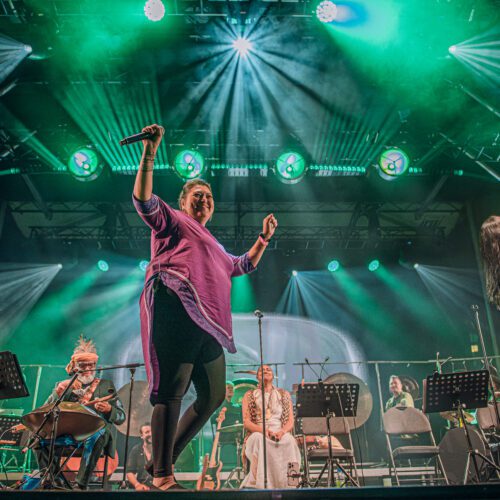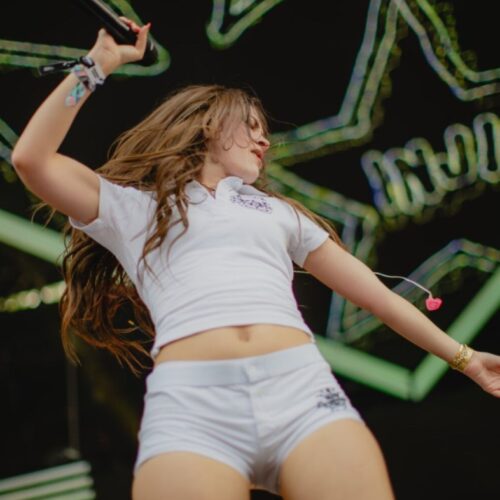After Code Noir released last January and shortlisted for the Polaris Prize, the Canadian artist based in Montreal, Quinton Barnes, quickly returns with another album, aesthetically completely different from the previous one. Black Noise takes us much further downstream, into an ultra-queer stylistic sea. Between Code Noir and Black Noise, a vast expanse that encompasses Barnes’s highly diverse musical tastes.
If Code Noir is a gem of sophisticated and innovative contemporary R’n’B/Soul, Black Noise is an astral adventure with cosmic and mystical accents. Quinton Barnes’ music seems to know no boundaries, without ever falling into the trap of disjointed patchwork. The Montreal artist amalgamates hip-hop, free jazz, contemporary (classical) music, post-rock, electronic experimentation, and spoken word into a well of creative gravity. Just look at the instrumentation to understand that all this smells of educated refinement, but in no way pretentious. Take Movement 7, for example, based on a post-classical piano piece and featuring guitar squeals and synth tones accompanying Barnes’ delicate but agile hip hop. Superb. Or Black Orpheus, the album’s masterpiece, nearly 10 minutes of cloudy music where dreamlike atmospheres, lyrical violin solos, a wind instrument that I can’t identify, spoken word, and a bit of clever minimalism all come together. Awesome.
READ OUR REVIEW OF QUINTON BARNES’ CONCERT AT LAST SUONI PER IL POPOLO FESTIVAL
For some, it will seem cerebral, but it is in truth fleshy, tactile, sensory, powerfully communicative. For any music lover worth their salt, Quinton Barnes is the artist to watch as of right now.
Quinton Barnes – voice
Michael Cloud Duguay – vibraphone, synthesizers, pump organ
Edward Enman – piano
James Goddard – alto saxophone, mbira, no-input mixer, bells
Lucas Huang – drums
Markus Lake – bass, programming
Matt LeGroulx – electric guitar, flute
Naomi McCarroll-Butler – bass clarinet, handmade flute, whistle, bells, electric air organ, drone-jo, 12 string guitar
Ari Swan – violin























